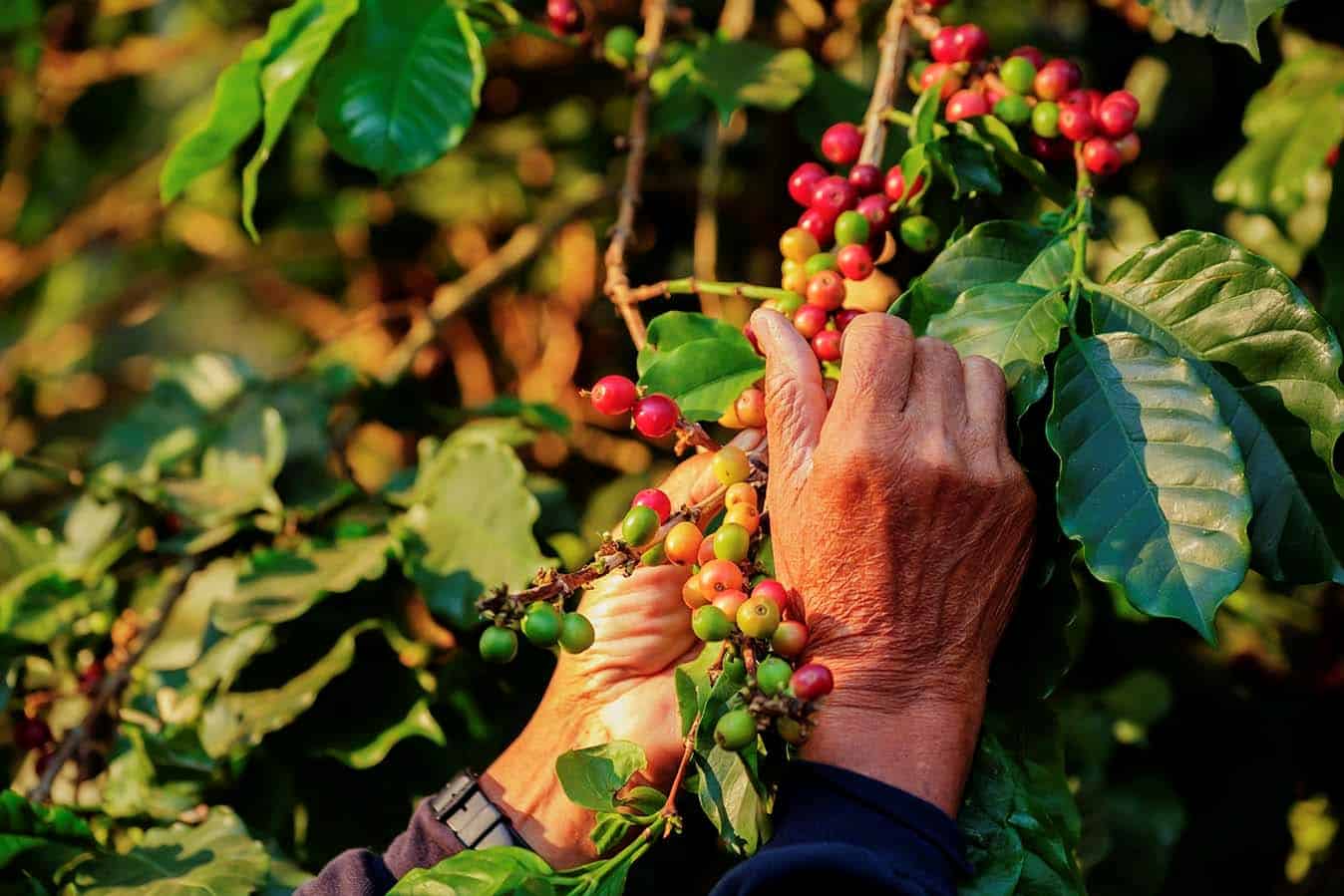Today on International Coffee Day, coffee lovers are uniting to celebrate their favourite brew. However, Fairtrade ANZ (Australia and New Zealand) are also urging us to consider the challenges facing coffee farmers in developing countries and to take action to protect their industry.
As consumers, the organisation says we have a responsibility to coffee farmers, particularly to our closest neighbours in the Pacific region facing significant impacts such as rising temperatures and rainfall and COVID-19.
“Not only are they facing an increase in the incidence of diseases and pests affecting coffee yields, but they are also being forced to push production upslope, away from the equator and into conflict with other land uses,” Fairtrade ANZ’s CEO Molly Harriss Olson said.
“Coffee producers in Papua New Guinea, in particular, have been hit hard by periods of extreme rainfall followed by long droughts causing unpredictable patterns in coffee production, its biggest agricultural export.”
Coffee production in PNG is dominated by village-based smallholder farmers, who grow coffee in gardens of up to two hectares. This group produces around 85% of the annual coffee crop, of which about one million bags of coffee are exported. This is a crucial source of income from more than 2.5 million Papua New Guineans.
Recognising the impact of climate change, Fairtrade ANZ is working with commercial partners and coffee farmers in PNG on a range of projects to improve coffee quality and address warming temperatures. These projects seek to prevent more greenhouse gases from being produced and provide technical and financial support for crop diversification and climate change adaptation.
Some of the ways they are helping improve agricultural best practices are educating producers on preventative measures such as using buffer zones to prevent erosion and using mulch or plant shade trees to prevent excessive moisture stress that is known to affect coffee production.
Ms Harriss Olson said while the consequences of climate change are challenging, there are things we coffee drinkers can do to assist.
“The first step is to learn about these issues; the second is to take real action by choosing to buy only the brands that are carbon or climate neutral, provide a fair return to farmers and their communities while helping to build their capacity to adapt to climate change; third is to demand climate action from the coffee companies and our governments to ensure all products, business models and economies are carbon or climate neutral.”








